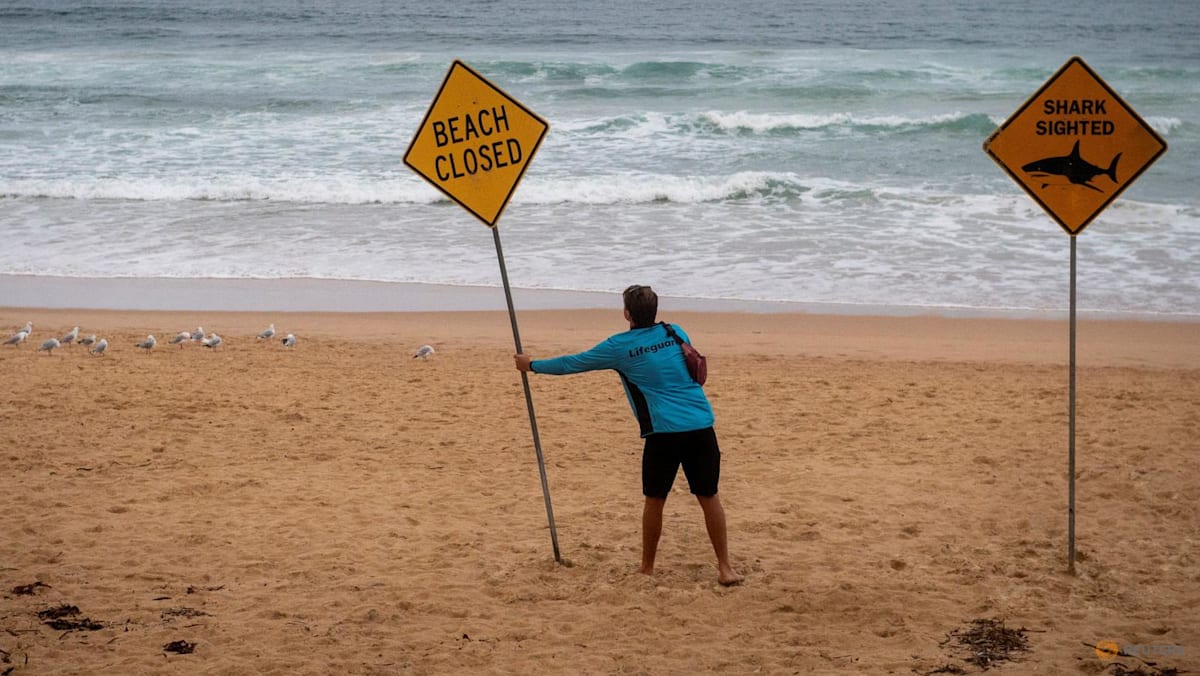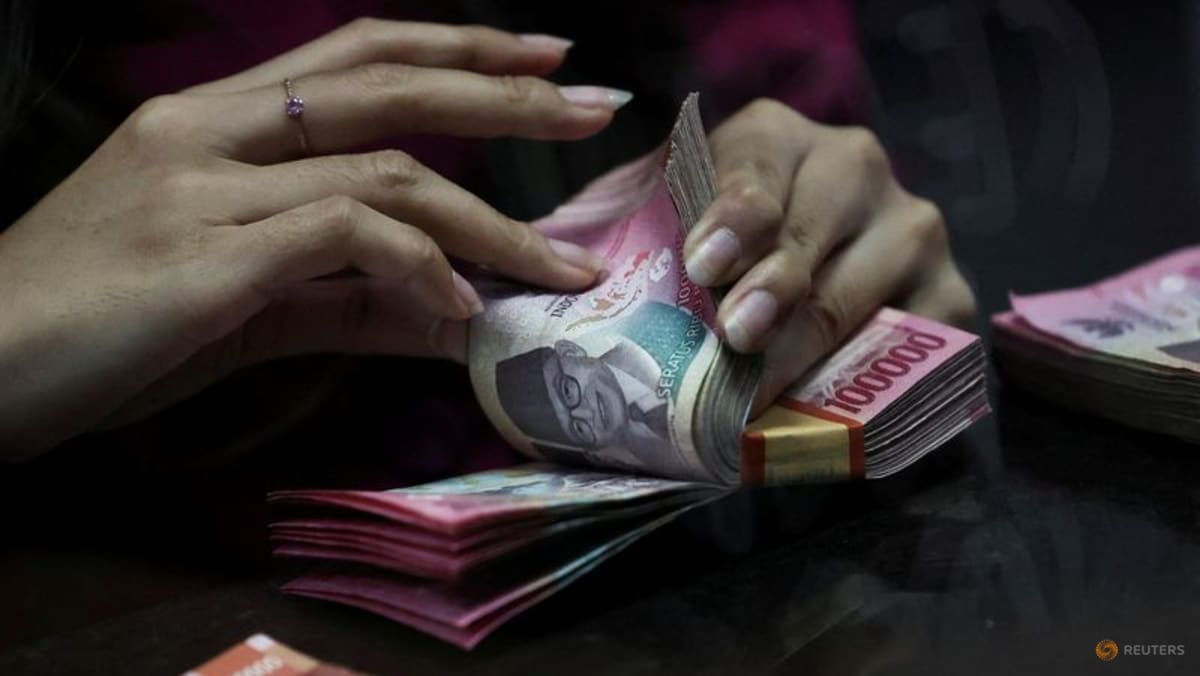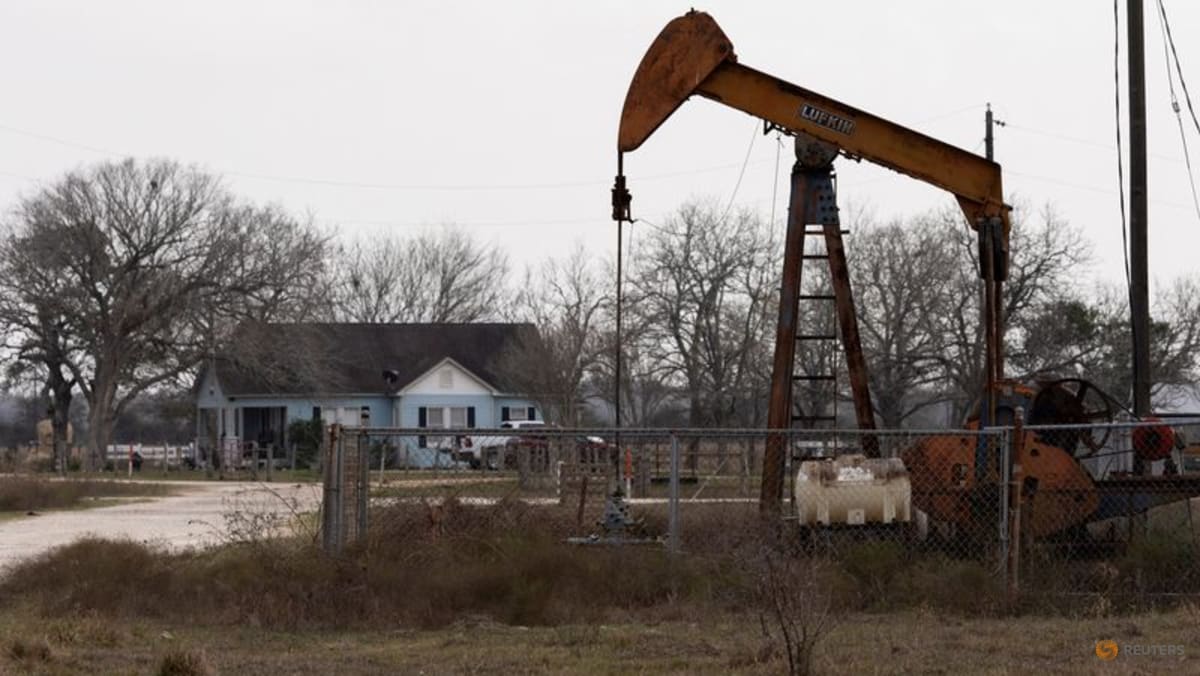German government to agree budget fixes as way out of crisis

BERLIN: Germany’s ruling coalition was expected to agree a supplementary budget on Monday (Nov 27) that will temporarily lift a self-imposed cap on borrowing limits after a constitutional court ruling tore up the government’s spending plans.
The budget would see Germany suspend its constitutionally enshrined debt brake for a fourth year in a row as Chancellor Olaf Scholz’s government fights its way out of a crisis that has triggered warnings about growth and an industry exodus.
Scholz’s government was forced to freeze most new spending commitments after the court blocked plans to repurpose unused pandemic funds towards green projects and industry subsidies, wiping billions from the federal budget.
It will suspend the debt brake for the 2023 budget so as to bring its borrowing in line with the court’s ruling, before finalising a 2024 budget that could see cuts in some ministries in order to keep spending commitments elsewhere.
Some members of the coalition have also called for the government to suspend the debt brake in 2024, a move rejected in particular by the fiscally hawkish Free Democrats (FDP).
“We don’t have a revenue problem,” FDP parliamentary group leader Christian Duerr said. “The debt brake must remain.”
FDP General Secretary Bijan Djir-Sarai, in remarks to the broadcaster ZDF, on Monday also spoke out against reforming the debt brake, a move that has found growing support elsewhere in the wake of the crisis.
The court ruling has called into question Germany’s traditionally strict fiscal policy and sparked warnings that German companies could be starved of support to keep them globally competitive.
Germany has by far the lowest debt in the G7 grouping of major economies, but memories of how frugality paved the way for postwar reconstruction and how costly it was to re-integrate indebted ex-communist East Ge
rmany have shaped a uniquely debt-averse political culture.
In order to keep backing industry, Finance Minister Christian Lindner from the FDP has ruled out tax rises and said savings would have to be found elsewhere, backed up by reforming the welfare state.
The debt brake, introduced after the global financial crisis of 2008-09, was first suspended in 2020 to help the government support firms and health systems during the COVID-19 pandemic.
Economy Minister Robert Habeck, from the pro-spending Greens, has criticised the debt brake as inflexible and as blocking vital support for industry to stop jobs and value creation from moving abroad.
On Monday he stressed the need to give companies, who have been worried by the uncertainty caused by the budget crisis, clarity as quickly as possible.
Source: CNA















